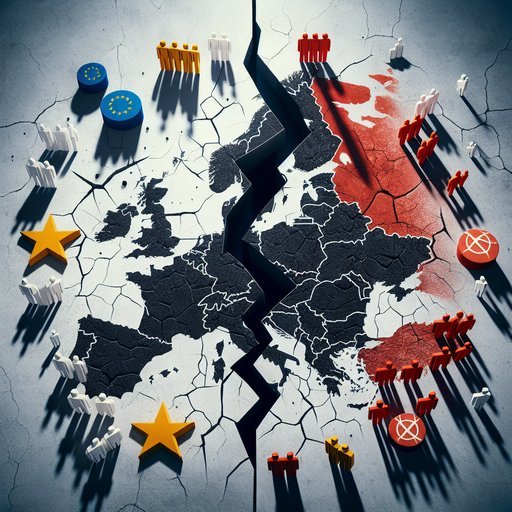
In recent days, political landscapes across Europe have faced significant upheaval rooted in ideological divides. From Poland's election of national conservative Karol Nawrocki as president to the collapse of the Dutch government, these events signal shifts that could reshape continental discourse. During a period marked by profound polarization, differences in ideology fuel not only domestic tensions but also international diplomacy debates.
A major development came in Poland, where the election of Karol Nawrocki highlighted a national conservative resurgence. Nawrocki's victory underscores Poland's pivot towards more nationalist policies, which are likely to influence its engagements within the European Union. Meanwhile, sentiments of conservatism appear contradictory to movements in other parts of Europe, intensifying debates around national identity, sovereignty, and the role of progressive governance. Simultaneously, the abrupt resignation of the Dutch cabinet following Geert Wilders' withdrawal of party support from the coalition echoes the turmoil wrought by ideological discord [6,7].
Wilders, known for his right-wing populist stances, has sparked an urgent call for new elections, showcasing tension between maintaining coalition integrity and diverging political priorities. This upheaval adds complexity to the ongoing struggle to balance populist demands with coalition management in European politics. Adding to these dynamics, Fernand Kartheiser, a former spy turned Member of the European Parliament, faced scrutiny for his contentious trip to Moscow [1]. Kartheiser’s actions reflect broader divisive sentiments, as his travel was intended to stimulate dialogue with Russia—a stance not universally embraced within his political group and beyond.
This incident shines a light on the challenging tightrope of engaging with geopolitically sensitive partners amidst existing ideological divides. As these events unfold, ideological divides persist as a significant driver of policy debates and political strategies across Europe. The contrasting political outcomes in Poland, the Netherlands, and within individual legislative actions highlight the broader continental struggle to reconcile nationalism with calls for more unified and progressive policies. In this polarized environment, Europe's political future will hinge on the ability of leaders to navigate these ideological challenges and harness them towards constructive dialogue and reform.
Sources
- EXCLUSIVE: Cold War spy-turned-MEP defends Moscow trip (EURACTIV, 2025-06-04)
























